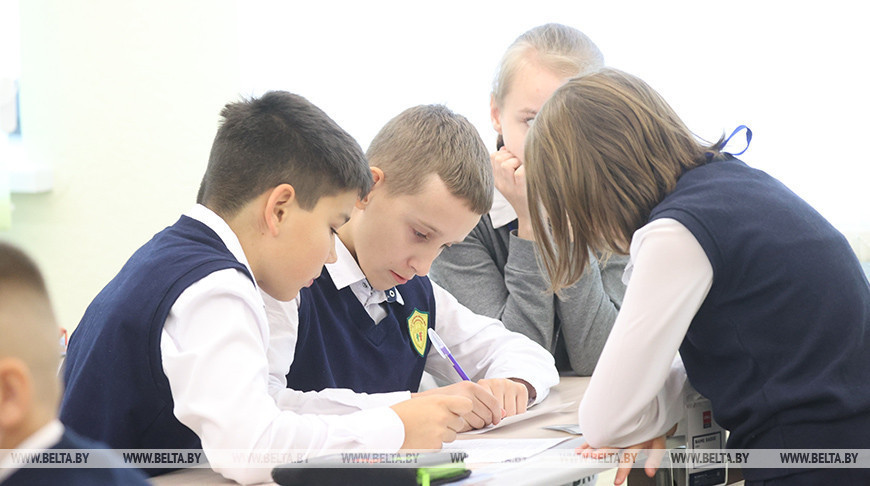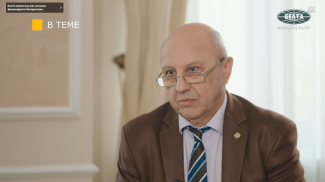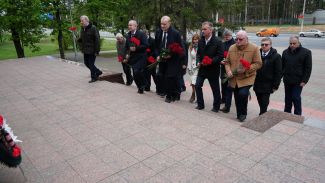
MINSK, 14 November (BelTA) – The bill on amending the Education Code has passed the second reading at the second session of the House of Representatives of the National Assembly of Belarus, BelTA has learned.
The amendments are aimed at addressing important practical issues. Thus, local authorities were authorized to arrange free transportation of students living in cities to educational institutions located far from them (as well as from settlements located at a significant distance from roads) and places where educational, sports, cultural and other events are held (currently, transportation to preschools and general secondary education institutions is provided only in rural areas).

Inmates will be able to get secondary specialized education at branches of colleges located on the premises of prisons (before that, only vocational education was available in prisons). Students of the 10th- 11th grades of schools, lyceums, Suvorov military schools, cadet schools will be able to take driving classes.
People who got their jobs as part of the mandatory first-job placement program will be able to retain their jobs if they are called up for military duty but not sent for it.

The government was authorized to determine how to deal with cases when such employees are relocated to other jobs (like jobs with the Ministry of Internal Affairs, the Investigative Committee, the State Customs Committee) when such cases are not regulated by the Education Code. With regard to employer-sponsored education programs, if a job contract as part of such a program was rescinded without due reason or if its terms were unfulfilled, an employer should reimburse the funds the government spent on training an employee as part of such a program.
The amendments are aimed at addressing important practical issues. Thus, local authorities were authorized to arrange free transportation of students living in cities to educational institutions located far from them (as well as from settlements located at a significant distance from roads) and places where educational, sports, cultural and other events are held (currently, transportation to preschools and general secondary education institutions is provided only in rural areas).

Inmates will be able to get secondary specialized education at branches of colleges located on the premises of prisons (before that, only vocational education was available in prisons). Students of the 10th- 11th grades of schools, lyceums, Suvorov military schools, cadet schools will be able to take driving classes.
People who got their jobs as part of the mandatory first-job placement program will be able to retain their jobs if they are called up for military duty but not sent for it.

The government was authorized to determine how to deal with cases when such employees are relocated to other jobs (like jobs with the Ministry of Internal Affairs, the Investigative Committee, the State Customs Committee) when such cases are not regulated by the Education Code. With regard to employer-sponsored education programs, if a job contract as part of such a program was rescinded without due reason or if its terms were unfulfilled, an employer should reimburse the funds the government spent on training an employee as part of such a program.













